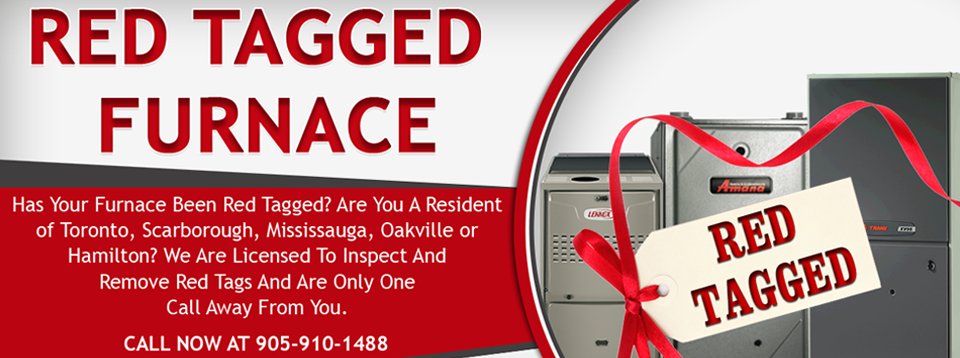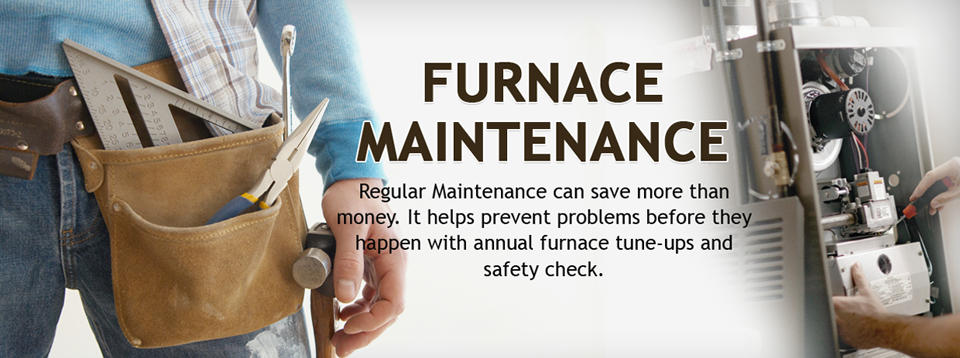When it comes to Gas VS Electric Furnace, making a wise choice between the two requires some calculations about the loss and the benefit so that maximum efficiency can be achieved in a minimum budget.
- The system may last up to 20-years provided the maintenance is properly governed.
- Generally, it heats up the home faster and tend to be more efficient in really cold temperatures because gas systems will achieve a higher temperature than electric units in extreme temperatures so it has better efficiency.
- It has carbon monoxide (CO) safety concerns which can be harmful to personnel. The Gas furnaces emit a low level of CO and the homeowner must be sure the unit is working properly at all times so a CO detector is usually required as well.
- It requires efficient and professional regular maintenance
- Can be noisy except for the latest models with low DB.
- Maintaining an electrical unit is generally not tedious and doesn’t require much professional attention. Many times, if homeowners have issues, they can troubleshoot without calling an expert.
- The durability is from 20 to 30 years
- An electric Furnace causes less disruption to the home environment and poses less of a risk.
- Electric heating is inherently inefficient and requires a long run for heating large spaces. This option may not be available to you if you own a large area. In order to achieve the desired temperature, people often have to set the thermostat much higher than the temperature they would actually like to achieve
- It may be more expensive to repair. While these furnaces do not require repairs as often, when repairs are required, they are often quite expensive.
In a nutshell ,whatever you decide to do, it’s all a matter of preference. Residential Energy Calculator is beneficial where you plug in your figures to generate potential costs. No matter what, you need to know all of the pros and cons with each option to make an educated decision.
Gas furnace
It typically operates using a conventional burner, which uses a pilot light and a gas feed to produce a flame that is contained within a refractory burner tile.The Pros -
- A gas system is less expensive to operate. It is typically cheaper to run due to lower fuel costs and improved energy efficiency. It will typically reach desired temperatures faster, consuming significantly less fuel while heating-up. This results in appreciable savings in the long-term- The system may last up to 20-years provided the maintenance is properly governed.
- Generally, it heats up the home faster and tend to be more efficient in really cold temperatures because gas systems will achieve a higher temperature than electric units in extreme temperatures so it has better efficiency.
The Cons -
- It has an expensive upfront if it requires plumbing into a supply line – which is typically the case. It can ,however, be costly and infeasible to have them installed- It has carbon monoxide (CO) safety concerns which can be harmful to personnel. The Gas furnaces emit a low level of CO and the homeowner must be sure the unit is working properly at all times so a CO detector is usually required as well.
- It requires efficient and professional regular maintenance
- Can be noisy except for the latest models with low DB.
Electric furnace
An electric furnace works by turning on a series of electric heating elements that generate heat through coils, much like the heating elements in a toaster or electric oven.The PROS-
- They are one of the least expensive furnaces to purchase and install since these do not make use of fuel combustion so the initial investment is quite low- Maintaining an electrical unit is generally not tedious and doesn’t require much professional attention. Many times, if homeowners have issues, they can troubleshoot without calling an expert.
- The durability is from 20 to 30 years
- An electric Furnace causes less disruption to the home environment and poses less of a risk.
The Cons-
- It costs more to run every month than a gas furnace since electricity is costly.- Electric heating is inherently inefficient and requires a long run for heating large spaces. This option may not be available to you if you own a large area. In order to achieve the desired temperature, people often have to set the thermostat much higher than the temperature they would actually like to achieve
- It may be more expensive to repair. While these furnaces do not require repairs as often, when repairs are required, they are often quite expensive.
In a nutshell ,whatever you decide to do, it’s all a matter of preference. Residential Energy Calculator is beneficial where you plug in your figures to generate potential costs. No matter what, you need to know all of the pros and cons with each option to make an educated decision.
Still need help with the decision? Call us today;
905-910-1488











